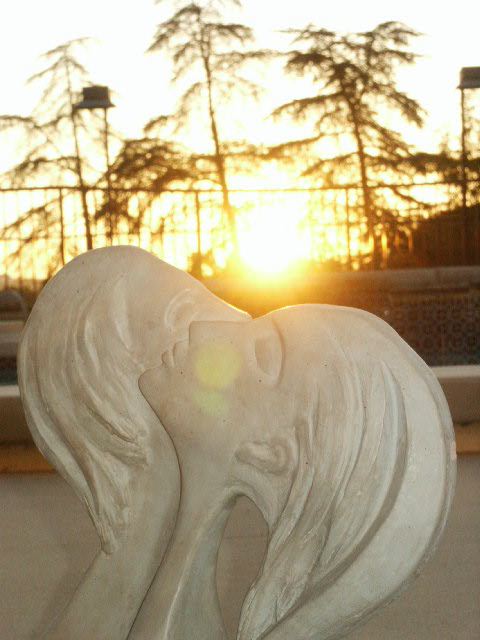What One Gives Up
August 16, 2016
My heart has grown docile, less inclined
to thrash about, to strain at the leash.
Maybe that’s the way it goes: We come
into the world like lava, we burn and blaze
and flow, and then cool into something solid
No Comment

